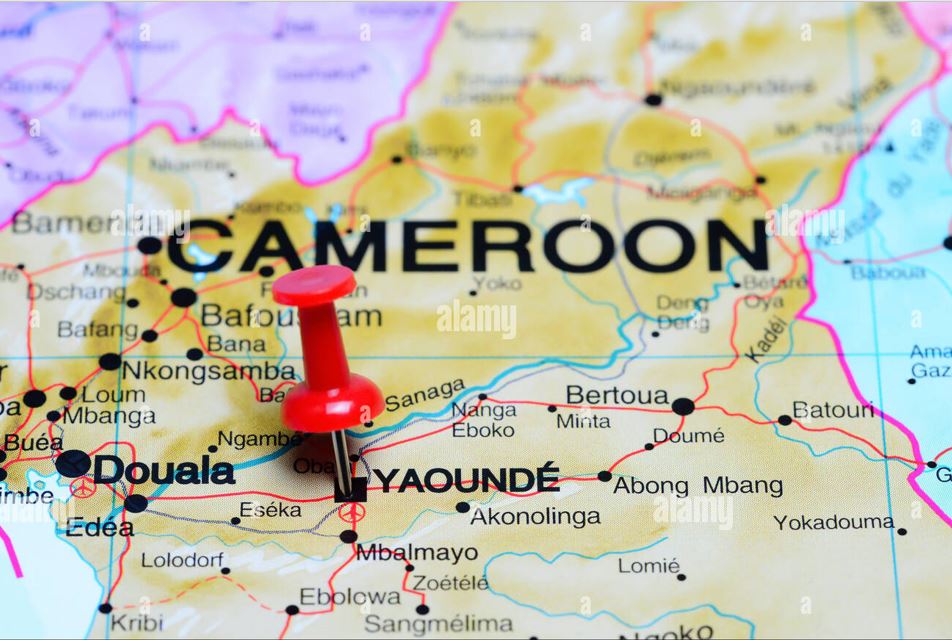Italy has become a major actor in the aid distribution process to Libya in recent years, a country facing difficult socio-political issues. “Italy’s aid delivery efforts in Libya reflect its aspiration to assert itself as a key actor in Mediterranean affairs and safeguard its national interests.” – Italian Foreign Minister Luigi Di Maio. Italy is involved because of its strategic interests, geographical proximity, and historical links. Libya needs outside help to stabilize and rebuild after navigating the repercussions of the Arab Spring and the civil war that followed. This paper examines the difficulties encountered, the effects of Italy’s operations in Libya, and potential directions for further research.
Libya and Italy have a long history together, dating back to Italy’s colonial era that ended in the middle of the 20th century. Despite the tumultuous past, contemporary relations have been shaped by mutual interests, including energy cooperation, migration management, and countering terrorism. Despite the turbulent past, shared objectives in managing migration, preventing terrorism, and collaborating in the energy sector have molded relations today.
Italy’s motivations for engagement in Libya are multifaceted. As stated by Emma Marcegaglia, former President of Confindustria (2008), “Italy has significant economic and security interests in Libya, including access to energy resources and the need to stem illegal immigration flows.” Italy, like other European nations, faces the challenge of managing migration flows originating from North Africa. Additionally, Italian companies, particularly in the energy sector, have historical and ongoing economic interests in Libya.
Italy faces a number of obstacles in its efforts to provide aid in Libya, from political complications to practical obstacles. Navigating Libya’s fractured political landscape, which is defined by competing governments, militias, and outside entities fighting for dominance, is one of the biggest challenges. The efficacy of aid distribution is hampered by this fragmentation, which makes coordination more difficult.
Moreover, security issues provide serious challenges to the delivery of help. Humanitarian workers’ safety is put in danger by the existence of armed organizations and the possibility of violence, which also makes it difficult to reach vulnerable populations. The humanitarian crisis is further exacerbated by Libya’s inadequate institutional capability and infrastructure, which make it difficult to distribute relief effectively.
Italy is still dedicated to helping Libya’s efforts at stabilization and reconstruction in spite of these obstacles. It was highlighted by Italian Foreign Minister Luigi Di Maio that “Italy is ready to contribute to the reconstruction of Libya and relaunch cooperation projects in various sectors, including infrastructure, health, education, and culture.”
The Italian government’s relief operations in Libya have a number of domestic and global ramifications. Italy’s desire to protect its interests and establish itself as a major player in Mediterranean affairs is reflected in its participation in Libya. Italy hopes to lessen security threats coming from Libya and increase its regional influence by taking the initiative in aid delivery.
Italy’s involvement in Libya relates to larger international dynamics within NATO and the European Union (EU). Italy, a member of both organizations, tries to coordinate its policies with EU programs that stabilize Libya and deal with the underlying reasons of migration. Furthermore, Italy’s involvement in international initiatives emphasizes how crucial burden-sharing and teamwork are when handling complicated humanitarian emergencies.
But there are also moral and strategic questions raised by Italy’s relief operations in Libya. Opponents contend that Italy’s intervention may have been motivated by self-interest, such as gaining access to Libya’s oil reserves and reducing the country’s migrant population. Furthermore, Italy’s tight ties to some Libyan forces have sparked questions about whether its assistance delivery is in line with political goals, which could compromise the objectivity and neutrality of humanitarian efforts.
Looking ahead, a comprehensive strategy that tackles the underlying causes of instability and fosters sustainable development is needed for Italy’s aid delivery operations in Libya. To promote long-term resilience, this means giving inclusive governance, institution-building, and economic diversification a priority. To capitalize on shared knowledge and resources, Italy should also work closely with its international allies, such as the UN, the EU, and neighboring countries.
Additionally, Italy’s aid delivery operations in Libya must respect the humanitarian standards of impartiality, independence, and neutrality. Italy can improve the efficacy and legitimacy of its initiatives by putting the needs of impacted populations first and staying away from politics. Furthermore, Italy ought to fund programs aimed at enhancing local institutions’ capacity and enabling Libyan communities to take charge of their own development.
Italy’s efforts to provide help in Libya are a complex undertaking influenced by strategic considerations, humanitarian needs, and historical legacies. Italy is still dedicated to helping stabilize and rebuild Libya despite a number of obstacles, including as political division and security threats. Going forward, Italy needs to take a comprehensive strategy that upholds humanitarian ideals, fosters international cooperation, and tackles the underlying causes of instability and sustainable development.


